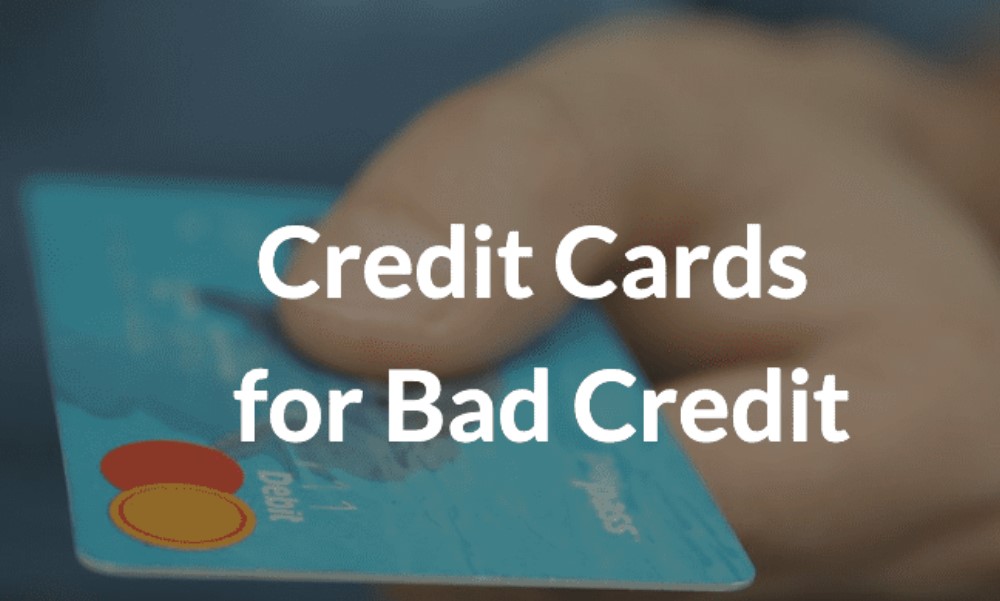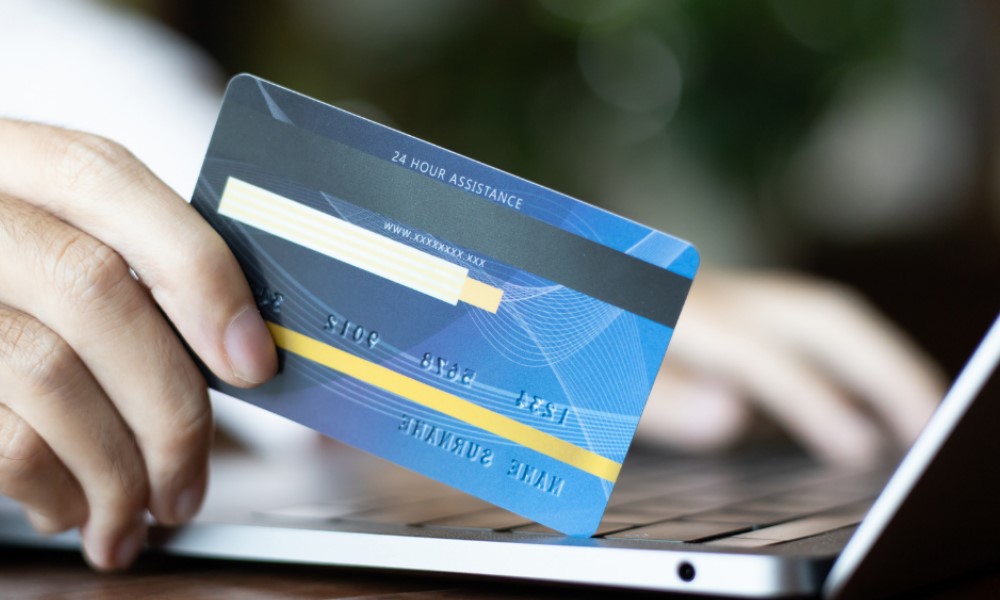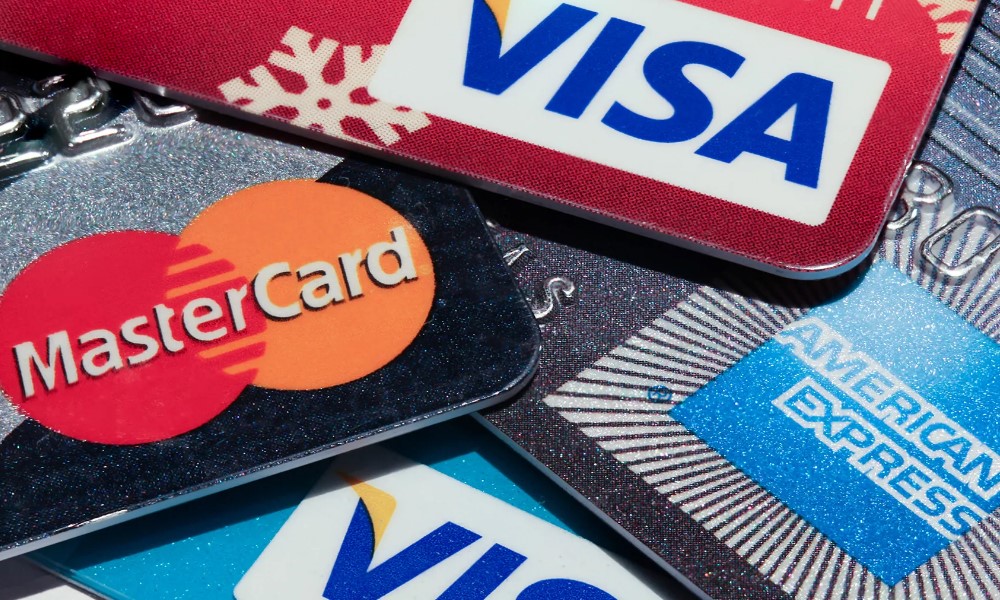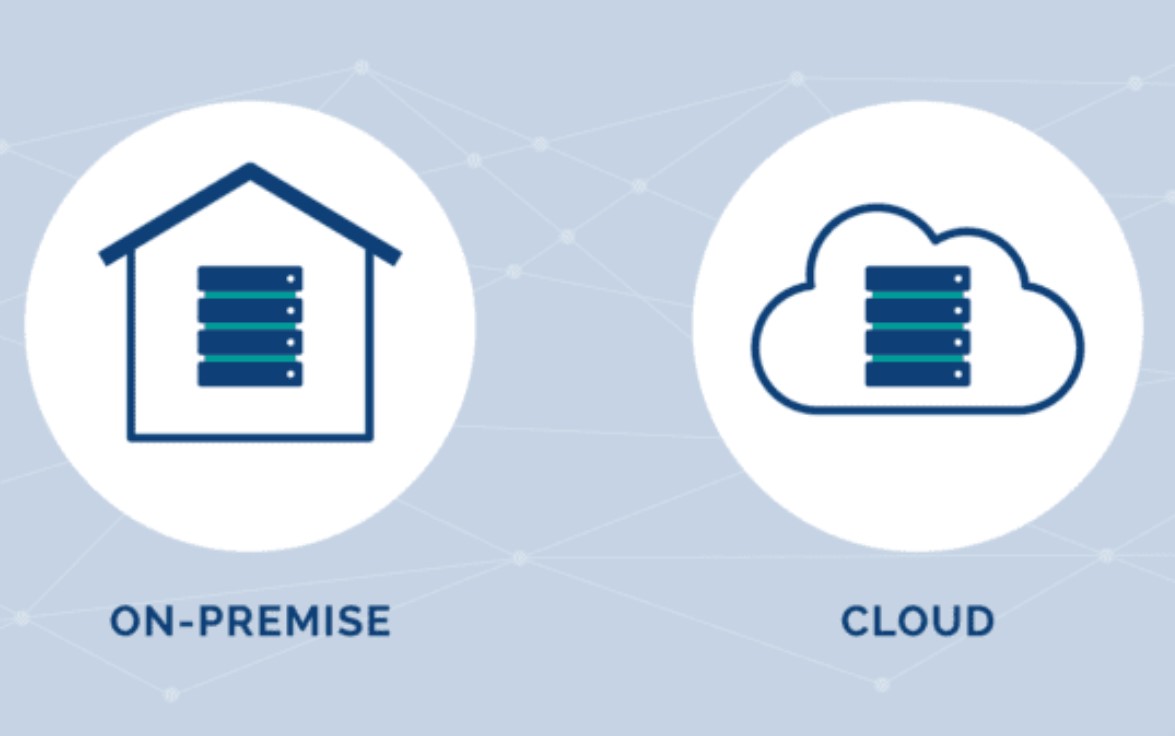
Getting approved for a credit card with bad credit can be challenging, but it’s not impossible. In this comprehensive guide, we will explore effective strategies to get approved for a credit card with bad credit, the benefits of doing so, and review some of the top credit cards available for individuals with poor credit scores.
Understanding Credit Scores and Credit Card Approval

What is a Credit Score?
A credit score is a numerical representation of your creditworthiness, ranging from 300 to 850. It is calculated based on your credit history, which includes factors such as payment history, credit utilization, length of credit history, new credit inquiries, and types of credit used. Lenders, including banks and credit card issuers, use credit scores to assess the risk of lending you money or extending credit.
A higher credit score indicates better creditworthiness, making it easier to get approved for loans and credit cards with favorable terms. Conversely, a lower credit score can result in higher interest rates or denial of credit.
Factors Affecting Credit Card Approval
1. Credit Score: The Cornerstone of Approval
- Excellent Credit (750-850): Applicants with scores in this range are typically approved for the best credit cards, often with the most favorable terms.
- Good Credit (700-749): Those with good credit scores are likely to receive approval for many cards, though the most premium offers may still be reserved for those with excellent scores.
- Fair Credit (650-699): A fair credit score may limit your options, potentially resulting in higher interest rates or fewer card choices.
- Poor Credit (Below 650): Applicants with poor credit scores may find it challenging to secure a credit card, often facing higher fees and interest rates.
2. Income Level: Demonstrating Financial Stability
- High Income: Applicants with higher incomes are viewed as lower-risk and are more likely to be approved for cards with higher limits and better rewards.
- Moderate Income: Even with a moderate income, you may qualify for many credit cards, but your limit might be lower compared to those with higher earnings.
- Low Income: Low-income applicants may find it more challenging to get approved, especially for cards that require higher income thresholds or offer premium benefits.
3. Employment Status: Stability and Reliability
- Full-Time Employment: Full-time employment is often associated with financial stability, making it easier to secure credit card approval.
- Part-Time Employment: While part-time employment is considered, it may not offer the same level of assurance as full-time employment.
- Unemployed or Freelance: Applicants who are unemployed or work freelance may face additional scrutiny, as their income can be less predictable.
4. Credit History: A Record of Financial Responsibility
- Payment History: A record of on-time payments enhances your creditworthiness and improves your chances of approval.
- Credit Utilization: Maintaining a low credit utilization ratio, ideally below 30%, indicates responsible credit use and can positively impact your approval chances.
- Length of Credit History: A longer credit history shows a proven track record of managing credit responsibly, which can be favorable for approval.
5. Existing Debt: Managing Your Financial Obligations
- Debt-to-Income Ratio: A lower debt-to-income ratio, which compares your total monthly debt payments to your gross monthly income, suggests that you are less risky and more likely to be approved.
- High Existing Debt: Applicants with substantial existing debt might face higher interest rates or reduced credit limits as issuers assess their ability to manage additional credit responsibly.
6. Credit Card Application History: Frequency Matters
- Frequent Applications: Applying for several credit cards in a short period may suggest financial instability, making issuers cautious about approving your application.
- Infrequent Applications: A more measured approach to applying for credit can demonstrate financial prudence, which is favorable for approval.
7. Type of Credit Card: Matching Your Needs with the Right Card
- Secured Credit Cards: Designed for individuals with poor or no credit history, secured cards require a cash deposit as collateral but offer a way to build or rebuild credit.
- Rewards Cards: These cards offer points, cashback, or travel rewards, but often require good to excellent credit scores.
- Balance Transfer Cards: Ideal for consolidating high-interest debt, these cards usually come with promotional interest rates and may require good credit.
Steps to Get Approved for a Credit Card with Bad Credit

1. Check Your Credit Report
Before applying for a credit card, review your credit report for errors or discrepancies. You can obtain a free credit report from each of the three major credit bureaus (Equifax, Experian, and TransUnion) once a year. Correcting any errors can improve your credit score.
2. Improve Your Credit Score
While you may want to apply for a credit card immediately, taking some time to improve your credit score can increase your chances of approval and better terms. Here are some tips:
- Pay Bills on Time: Timely payments positively impact your credit score.
- Reduce Debt: Lowering your overall debt can improve your credit utilization ratio.
- Avoid New Credit Inquiries: Multiple credit applications within a short period can lower your score.
3. Consider a Secured Credit Card
Secured credit cards are specifically designed for individuals with bad credit or no credit history. They require a refundable security deposit, which acts as collateral and determines your credit limit. Using a secured credit card responsibly can help you build or rebuild your credit.
4. Become an Authorized User
Another option is to become an authorized user on someone else’s credit card account. If the primary cardholder has good credit, their positive credit history can reflect on your credit report, improving your credit score.
5. Apply for a Credit Card Designed for Bad Credit
Several credit cards cater to individuals with bad credit. These cards often have higher interest rates and fees, but they provide an opportunity to improve your credit score with responsible use.
Benefits of Getting Approved for a Credit Card with Bad Credit
Credit Building: Using a credit card responsibly can help you build or rebuild your credit score over time.
Financial Flexibility: Having a credit card provides financial flexibility for emergencies and everyday expenses.
Rewards and Benefits: Some credit cards for bad credit offer rewards programs, cashback, or other perks.
Improved Financial Health: Managing your credit card payments and debt effectively can lead to improved financial stability and better borrowing terms in the future.
Top Credit Cards for Individuals with Bad Credit
1. Discover it® Secured Credit Card
Website: Discover it® Secured Credit Card
Features:
- No annual fee
- Refundable security deposit starting at $200
- 2% cashback at gas stations and restaurants (up to $1,000 each quarter)
- 1% cashback on all other purchases
Pros:
- Earn cashback rewards while building credit
- Automatic reviews for unsecured credit line upgrade
- Free FICO® Credit Score access
Cons:
- Requires a security deposit
- High APR if carrying a balance
Price: No annual fee, variable APR of 24.49%
2. Capital One® Secured Mastercard®
Website: Capital One® Secured Mastercard®
Features:
- No annual fee
- Security deposit as low as $49, $99, or $200
- Credit limit increase with responsible use
Pros:
- Low minimum security deposit
- Access to a higher credit line after making first five monthly payments on time
- CreditWise tool to monitor your credit score
Cons:
- No rewards program
- High APR if carrying a balance
Price: No annual fee, variable APR of 26.99%
3. OpenSky® Secured Visa® Credit Card
Website: OpenSky® Secured Visa® Credit Card
Features:
- No credit check required for approval
- Refundable security deposit starting at $200
- Reports to all three major credit bureaus
Pros:
- No credit check makes it accessible for those with very poor credit
- Helps build credit with responsible use
- Flexible credit limit based on security deposit
Cons:
- $35 annual fee
- No rewards program
Price: $35 annual fee, variable APR of 17.39%
4. First Progress Platinum Elite Mastercard® Secured Credit Card
Website: First Progress Platinum Elite Mastercard® Secured Credit Card
Features:
- Refundable security deposit starting at $200
- No minimum credit score required
- Reports to all three major credit bureaus
Pros:
- Easy application process
- Helps build credit with responsible use
- Credit limit based on security deposit
Cons:
- $29 annual fee
- No rewards program
Price: $29 annual fee, variable APR of 19.99%
5. Credit One Bank® Platinum Visa® for Rebuilding Credit
Website: Credit One Bank® Platinum Visa® for Rebuilding Credit
Features:
- Unsecured credit card for rebuilding credit
- 1% cashback on eligible purchases
- Free access to your credit score
Pros:
- No security deposit required
- Earn cashback rewards
- Access to your credit score
Cons:
- Annual fee varies between $0-$99
- High APR if carrying a balance
Price: $0-$99 annual fee, variable APR of 23.99% to 25.99%
Comparison Table of Credit Cards for Bad Credit
| Credit Card | Use Case | Pros | Cons | Price | Features |
|---|---|---|---|---|---|
| Discover it® Secured Credit Card | Cashback rewards | No annual fee, cashback rewards | Requires security deposit, high APR | No annual fee, 24.49% APR | 2% cashback at gas stations/restaurants, 1% on others |
| Capital One® Secured Mastercard® | Low deposit option | Low deposit, credit line increase | No rewards program, high APR | No annual fee, 26.99% APR | Credit line increase with timely payments |
| OpenSky® Secured Visa® Credit Card | No credit check | No credit check, reports to bureaus | $35 annual fee, no rewards program | $35 annual fee, 17.39% APR | No credit check, refundable deposit |
| First Progress Platinum Elite Mastercard® | Easy approval | Easy application, build credit | $29 annual fee, no rewards program | $29 annual fee, 19.99% APR | No minimum credit score, reports to bureaus |
| Credit One Bank® Platinum Visa® | Unsecured option | No deposit, cashback rewards | Varies annual fee, high APR | $0-$99 annual fee, 23.99% to 25.99% APR | Unsecured, 1% cashback on eligible purchases |
How to Apply for a Credit Card with Bad Credit
Applying for a credit card with bad credit involves several steps to increase your chances of approval:
- Research Options:
- Visit the websites of credit card issuers listed above and compare their features, pros, cons, and fees.
- Choose the Right Card:
- Select a credit card that best suits your needs based on your credit score, income, and financial goals.
- Prepare Documentation:
- Gather necessary documentation such as proof of income, employment history, and personal identification.
- Complete the Application:
- Fill out the online application form on the issuer’s website. Provide accurate information to avoid delays or denials.
- Submit the Application:
- Review your application for accuracy and submit it. Some issuers may provide instant approval, while others may take a few days to process.
Example Links for Easy Access:
- Apply for Discover it® Secured Credit Card
- Apply for Capital One® Secured Mastercard®
- Apply for OpenSky® Secured Visa® Credit Card
- Apply for First Progress Platinum Elite Mastercard®
- Apply for Credit One Bank® Platinum Visa® for Rebuilding Credit
Use Cases and Solutions
Rebuilding Credit
Problem: Individuals with bad credit need a way to rebuild their credit score to improve their financial health.
Solution: Secured credit cards like the Discover it® Secured Credit Card or the OpenSky® Secured Visa® Credit Card can help rebuild credit through responsible use and timely payments.
Financial Emergencies
Problem: Financial emergencies can arise unexpectedly, requiring access to credit.
Solution: Unsecured credit cards for bad credit, such as the Credit One Bank® Platinum Visa®, provide financial flexibility without the need for a security deposit.
Avoiding High Fees
Problem: High fees can add to the financial burden for individuals with bad credit.
Solution: Credit cards with no annual fees, such as the Discover it® Secured Credit Card and Capital One® Secured Mastercard®, offer cost-effective solutions for managing credit.
FAQs
1. Can I get a credit card with bad credit?
Answer: Yes, you can get a credit card with bad credit. Secured credit cards and certain unsecured credit cards are designed for individuals with poor credit scores.
2. What is a secured credit card?
Answer: A secured credit card requires a refundable security deposit, which acts as collateral and determines your credit limit. It is designed to help individuals build or rebuild their credit.
3. How can a credit card help improve my credit score?
Answer: Using a credit card responsibly by making timely payments, keeping your credit utilization low, and avoiding new credit inquiries can help improve your credit score over time.
4. What are the fees associated with credit cards for bad credit?
Answer: Credit cards for bad credit may have fees such as annual fees, balance transfer fees, and high APRs. It’s important to compare the fees and terms before applying.
5. How do I choose the best credit card for bad credit?
Answer: Choose a credit card based on factors such as your credit score, required deposit, fees, rewards, and additional benefits. Consider secured cards if you need to rebuild credit, or unsecured cards if you prefer not to provide a deposit.







